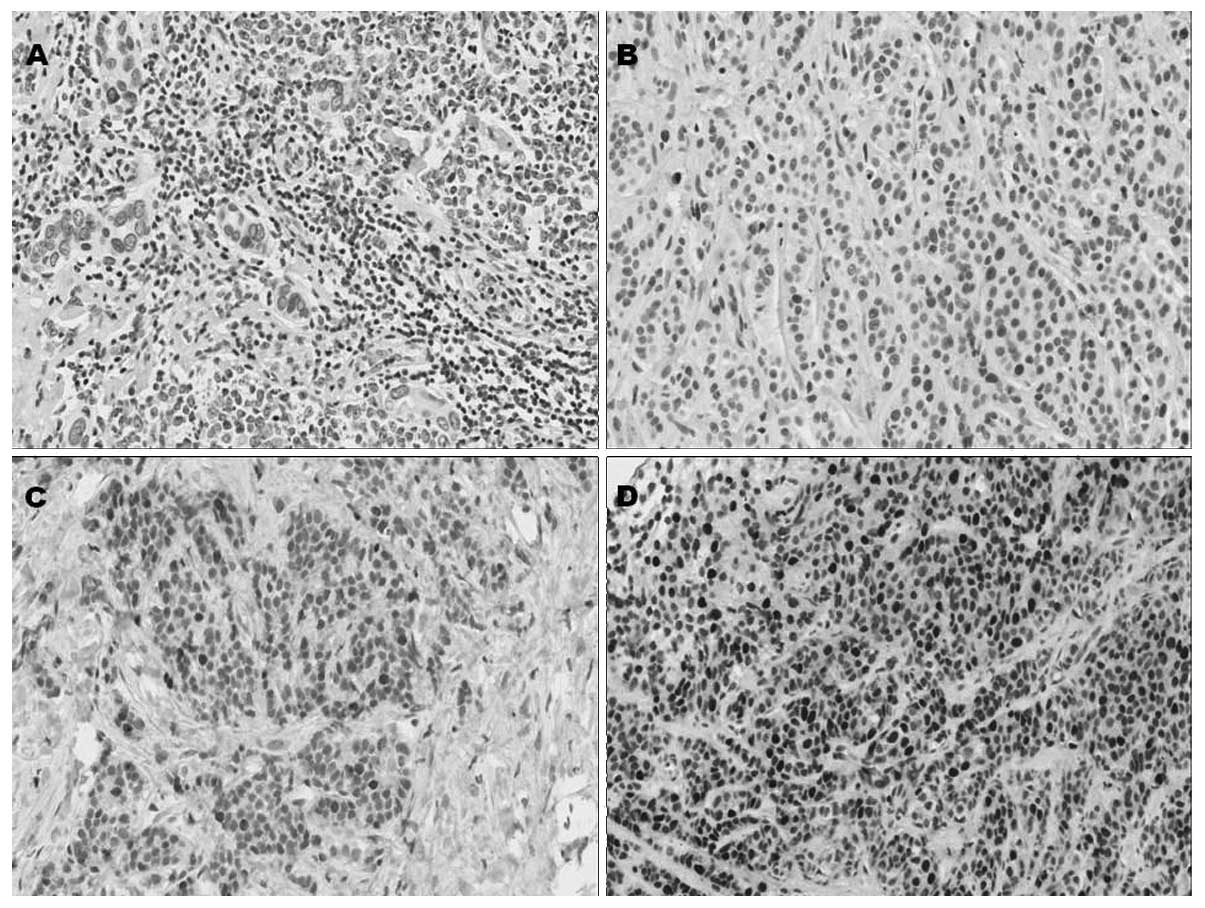Spandidos Publications style
Hilton J, Weberpals J, Lorimer , Amin S, Islam S, Pelletier L, Daneshmand M, Hanson J, Nabavi M, Parolin D, Parolin D, et al: BRCA1 protein levels and PIK3CA mutations as predictive biomarkers for response to neoadjuvant chemotherapy in locally advanced breast cancer: An exploratory analysis. Oncol Lett 4: 141-145, 2012.
APA
Hilton, J., Weberpals, J., Lorimer, ., Amin, S., Islam, S., Pelletier, L. ... Verma, S. (2012). BRCA1 protein levels and PIK3CA mutations as predictive biomarkers for response to neoadjuvant chemotherapy in locally advanced breast cancer: An exploratory analysis. Oncology Letters, 4, 141-145. https://doi.org/10.3892/ol.2012.697
MLA
Hilton, J., Weberpals, J., Lorimer, ., Amin, S., Islam, S., Pelletier, L., Daneshmand, M., Hanson, J., Nabavi, M., Parolin, D., Mallick, R., Verma, S."BRCA1 protein levels and PIK3CA mutations as predictive biomarkers for response to neoadjuvant chemotherapy in locally advanced breast cancer: An exploratory analysis". Oncology Letters 4.1 (2012): 141-145.
Chicago
Hilton, J., Weberpals, J., Lorimer, ., Amin, S., Islam, S., Pelletier, L., Daneshmand, M., Hanson, J., Nabavi, M., Parolin, D., Mallick, R., Verma, S."BRCA1 protein levels and PIK3CA mutations as predictive biomarkers for response to neoadjuvant chemotherapy in locally advanced breast cancer: An exploratory analysis". Oncology Letters 4, no. 1 (2012): 141-145. https://doi.org/10.3892/ol.2012.697















